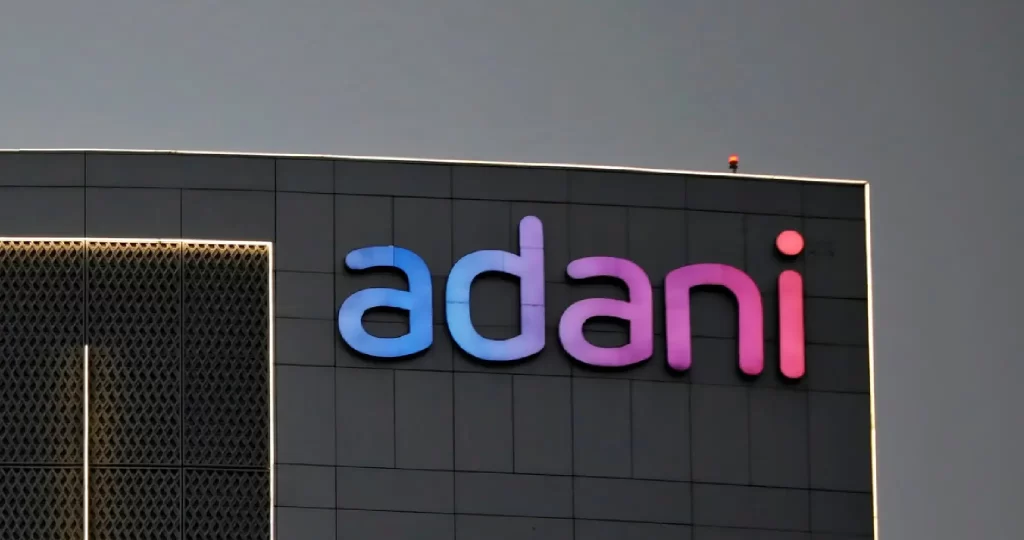Adani Power Ltd., part of the sprawling Adani Group led by billionaire Gautam Adani, is facing a significant financial challenge. The company has accumulated unpaid dues amounting to $800 million from Bangladesh. This situation is further complicated by the recent political upheaval in the South Asian nation, where weeks of violent protests resulted in hundreds of deaths and the ousting of the previous administration.
Visual and Emotional Appeal
The image of a massive energy company like Adani Power being caught in the crossfire of political and economic instability in Bangladesh paints a stark picture of the complexities that come with cross-border business ventures. The stakes are high, not only for Adani Power but also for Bangladesh, which relies heavily on imported electricity to meet its growing energy demands.
Key Moments
- The Unpaid Dues: Bangladesh owes Adani Power $800 million for electricity supplied by its coal-fired plant in Godda, Jharkhand. This is a significant sum, and the potential consequences of non-payment are serious.
- Political Turmoil in Bangladesh: The backdrop of this financial issue is the recent violent protests in Bangladesh that led to the installation of an interim government. The instability has further complicated the situation for both Adani Power and the Bangladeshi authorities.
- Economic Crisis: Bangladesh is grappling with an economic crisis, with overall arrears reaching $2 billion. This includes not only the dues to Adani Power but also other pressing liabilities, such as payments owed to airlines.
Details About the Narrative
The story of Adani Power’s unpaid dues is not just about a financial dispute. It is deeply intertwined with geopolitical dynamics and economic vulnerabilities. The delayed payments from Bangladesh highlight the risks that Adani Group faces as it continues to expand its presence in neighboring countries. These risks are exacerbated by the political and economic instability in these regions.
Bangladesh’s newly-appointed Governor of Bangladesh Bank, Ahsan H. Mansur, has acknowledged the gravity of the situation, stating that if the payments are not made, Adani Power could potentially stop supplying electricity. However, Adani Power has not yet taken such a drastic step but could face pressure from its lenders and coal suppliers if the dues remain unpaid.
Important Points
Adani Power is currently in talks with Bangladesh’s interim government to resolve the issue, indicating the importance of diplomatic and economic negotiations in mitigating such crises.
Impact on Adani Power:
The $800 million in unpaid dues poses a significant financial risk to Adani Power, potentially affecting its operations and relationships with lenders and coal suppliers.
The company’s global expansion strategy could be hindered by such geopolitical and economic challenges.
Bangladesh’s Economic Struggles:
Bangladesh’s economic crisis, with arrears totaling $2 billion, highlights the country’s financial vulnerabilities.
The erosion of its foreign exchange reserves, now standing at $20.5 billion, underscores the urgency of securing additional loans from international institutions like the IMF.
Geopolitical Implications:
The situation in Bangladesh reflects broader geopolitical dynamics, particularly in South Asia, where India, under Prime Minister Narendra Modi, has been actively engaging with neighboring countries.
Adani Power’s involvement in Bangladesh is a part of this broader strategy, but the current challenges demonstrate the risks of such cross-border ventures.
Ongoing Negotiations:

